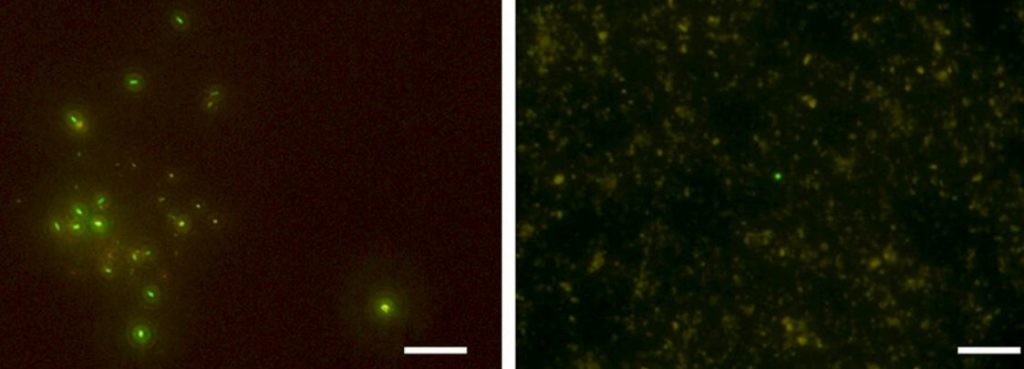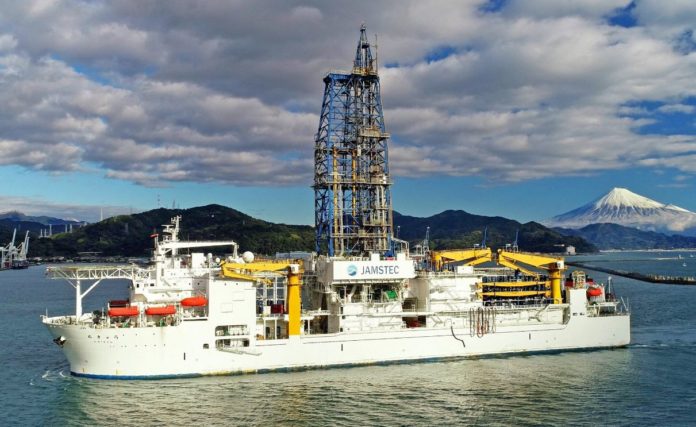At a depth of almost 1200 meters below the ocean floor, where the rock temperature reaches 120°C, scientists have discovered a living and active microorganism – “hyperthermophiles”.
Our usual life on Earth is accompanied by a vast “dark biosphere” – extremely unusual communities of exotic organisms inhabiting the lithosphere of the planet. They are not as numerous as the inhabitants of the surface, but in general make up a huge mass, the life of which is almost unexplored. The study of these microbes is also complicated by the fact that normally they require extreme conditions of cultivation, and to get them from the depths is not easy.
Not so long ago, scientists extracted such microorganisms from a depth of 700-800 meters below the bottom of the Indian Ocean. And the authors of the new work managed to get below a kilometer, where the temperature reaches 120 ° C – and still find life. A team led by Kai-Uwe Hinrichs from the University of Bremen writes about this in an article published in the journal Science.
Scientists have drilled in the Nankai Depression, which stretches for almost 900 kilometers along the eastern coast of the Japanese island of Honshu. The expedition, which took place aboard the Japanese research vessel Chinkyu, was able to lift samples from a depth of almost 1,200 meters below the ocean floor. In this zone, the Philippine lithospheric plate interacts with the Eurasian plate, and it is one of the most seismically active regions on the planet. Therefore, the temperature rises with depth faster than usual, allowing scientists to limit themselves to “only” 1000-meter drilling in order to reach areas heated above 100°C.

“Only a few scientific drilling sites have yet reached depths where temperatures in the sediments are greater than 30 degrees Celsius,” says Professor Hinrichs. “The goal of the T-Limit Expedition, therefore, was to drill a thousand-meter deep hole into sediments with a temperature of up to 120 degrees Celsius—and we succeeded.”
The work was carried out at a sea depth of about 4800 meters, the drill reached 1180 meters below the bottom. Analyzing the recovered samples, scientists noticed that with increasing depth, the density of the microbial population decreases, and when the temperature of the surrounding rock exceeds 45°C, it practically disappears.
Further, there are layers, almost devoid of living cells: at 50°C, their number does not exceed 100 per cubic centimeter. However, at the same time, the presence of bacterial endospores – dormant forms that can survive the most unfavorable conditions – begins to increase. Their number reached a maximum at a temperature of about 85°C, 6000 times higher than the number of ordinary vegetative cells. Scientists suggest that in this way some microbes are able to wait for suitable conditions for a very long time, comparable to the time scales of geological processes – and move on to vegetative development as soon as circumstances change for the better.
Much to the surprise of the authors of the work, the vegetative cells were found even deeper – below 1000 meters, where the temperature reaches 120°C. Under tremendous pressure, water is not yet boiling but is saturated with sulfates and other salts. The authors found the presence of acetic acid and sulfate-reducing microbes -“hyperthermophiles”, adapted to such an extreme environment.
